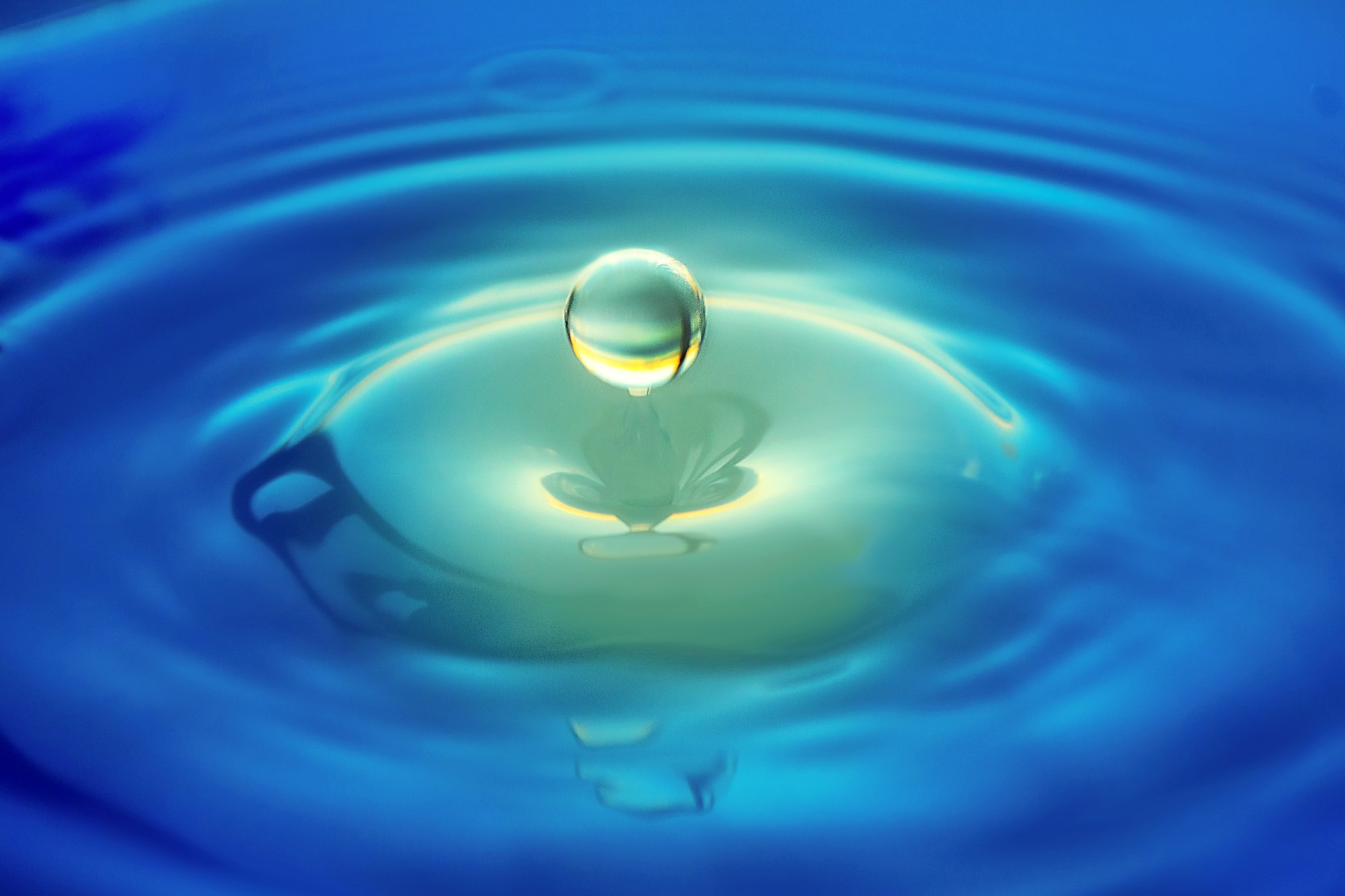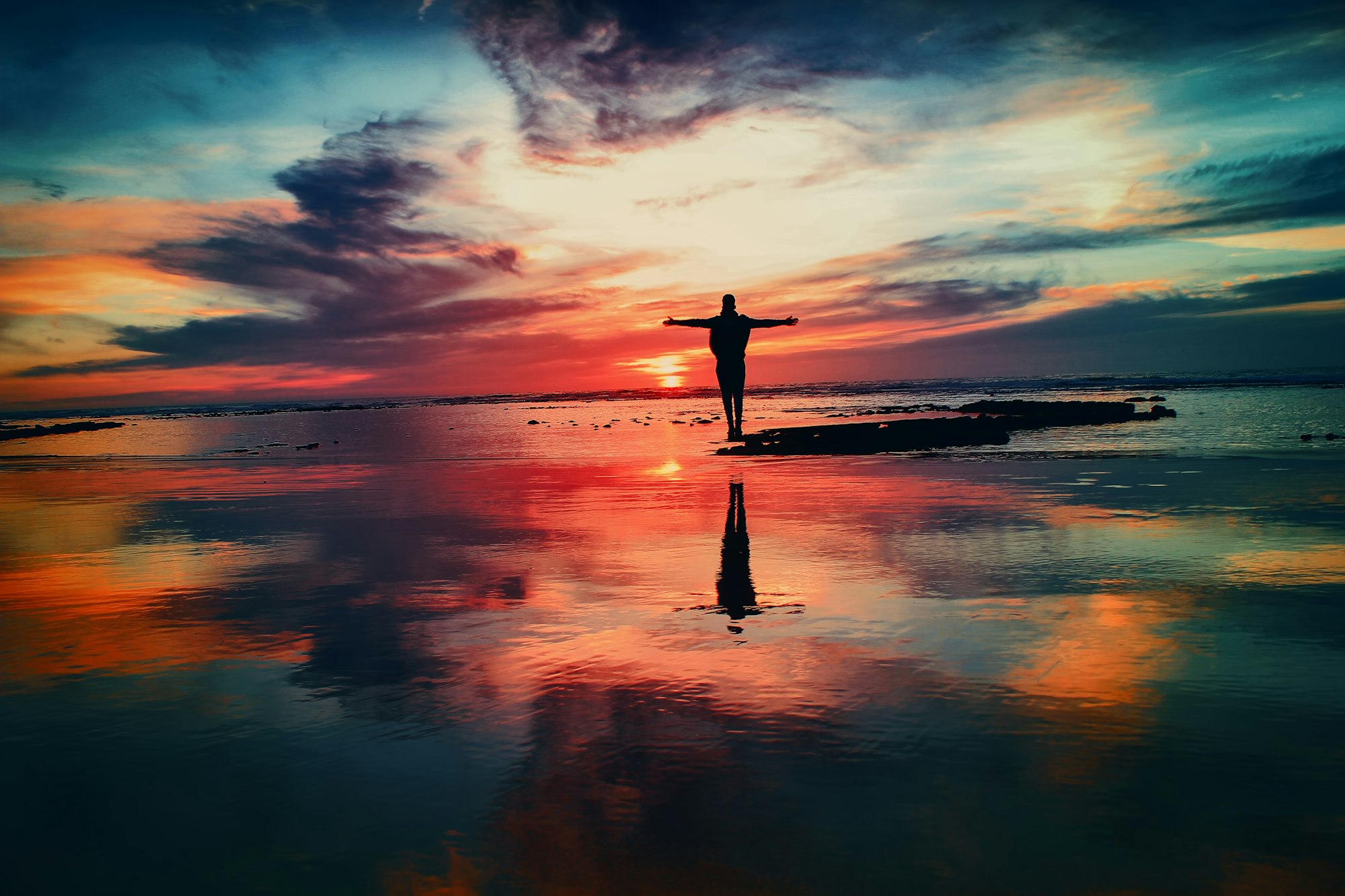
Types of Moksha According to Advaita Vedanta
Jivanmukta According to Advaita Vedanta a jivanmukta, or one who is liberated here and now, has realized that Brahman alone is real and the world is illusory.

I realize that my words would be tough to comprehend, the ideas which I bring would be tough to think of. Because, am talking about the passage to the “root” of the perplexing question of humanity, and its solution. And Vedas never tell this directly, and they purposely impel you to think.
I have finally decided to talk of this, though I was myself under the thoughts impelled and inspired by Vedas, on this issue, for some years.
And this answer will not consider the speculations and opinions of all later scriptures of humanity aside, including Puranas, Vedanta, even certain Brahmanas and non Vedic Upanishads. `
Is it not interesting to see that Vedas never talk of rebirth, a ghost roaming after death in “astral” realms and so on? And they always talk about life and immortality.
The concept of conscious life is closely connected with the “first-born” Yama, who fashions the path. Yama is the symbol, the divine concept representing the time, and his path of time is what humans follow. Our consciousness and life depends on two “first-borns” who have fashioned our path - the elevated human consciousness represented by Manu, and the time (for all) as by Yama. These two form the part of our mental experience of our consciousness. Of this, the Manu is acceptable as representative of human consciousness, but the divine concept of Yama on the other hand is quite deep. Rigveda tells that the immortal Yama chose mortality for himself, thus creating “path” of the state of “being”. This is quite deep - we realize that this is same as the question of what is “nothing” and what is “infinity” in the actual world. Again, we are led back to contemplate on what is the transformation of the immortal Yama in the realm of dead where he is deva, and the Yama who chooses to be a mortal in the realm of life. How can one be immortal and mortal at the same time? Is it a play between body and a ghostly soul inside it? That is what later scriptures all over the world talk of. But Vedas don’t. There is something different which we never understand in other scriptures - what is time. Why is time relevant. Where does “division” of a unit stop and enter the state of zero? Why is infinity regarded as the origin of the immortal Ādityas of Vedas, who never swerve from their actions and cosmic order?
We are not living on an objective world, but a subjective world, which is our perception of what is. The existence as a whole depends on time; which is why we cannot digest the RV 10.129.1, saying that “It was not non-existence, neither did existence exist then”. We are flowing in the path created by time, where we perceive our state of being because of time.
Now imagine, our version of life is based on our clock, our time. If our biological processes begin to stop, we would see time speeding up for us compared to others - we can say that we perceive the normal time as too long, in such a situation. At death, we will reach the impossible infinitesimal portion of the time, and our consciousness will never ever reach the “death”, but would be racing to it for eternity. In other words, we would become immortal for ourselves, we will never reach the death; while we would have died for others. Others will perceive the “zero” point, the perfect full stop of our existence - but we will never. Rather, we enter the infinitesimal portion of time, were Yama dwells, in that paradise. (Or may be our guilt will make us eternally be placed in guilt consciousness)
And this is our chain of time. We are always with this life, this time. We cannot get out of this frame and think something and still make sense. This is also why we will never ever understand the answer of “when this universe” has produced. We can only say “how”. This is the essence of Vedas, hence Vedas always put these mysteries as questions to which the answer is the question itself. And that is what we can grasp.
The dying sage in Yajurveda 40, talks about the path of death and immortality.
“They enter blinding darkness who wait for the deconstruction.Likewise do they enter who, on creation, are intent.One result is of creation, another is for destructionSo have we heard from the insightful ones of yore who revealed that to us.The one who knowing creation and deconstruction together,Through deconstruction crossing death, through creation tastes immortality.
They enter blinding darkness who wait for unlearned.Likewise do they enter who on learned (knowledge) are intent,One result is of unlearned, other of learned,So have we heard from the insightful ones of yore who revealed that to us.The one who knowing unlearned and learned together,Through the unlearned, crossing death, through the learned tastes immortality.
This breath is to be the everlasting air, this body to end in ashes,Om, mind! Recollect my thoughts, recollect my sphere, recollect my deeds!”
It is likely that if you are absolutely free of guilt during your death time, you might feel mental pleasure of paradise during the last moment of death. Nearing death, you might recollect your thoughts your life and deeds. And you are to be trapped by the infiniteness of time there. You will be one in the realm of primordial time, the realm of Yama, with perhaps even visions of dead or lost ones.
Yes, I know I have just said an opinion of mine. Truth could be even more complex. Let’s keep the question as question itself - whether “death” exists for us or not.

Jivanmukta According to Advaita Vedanta a jivanmukta, or one who is liberated here and now, has realized that Brahman alone is real and the world is illusory.

Sanskrit texts are an important part of Hinduism and have played a significant role in the development and evolution of this religion.